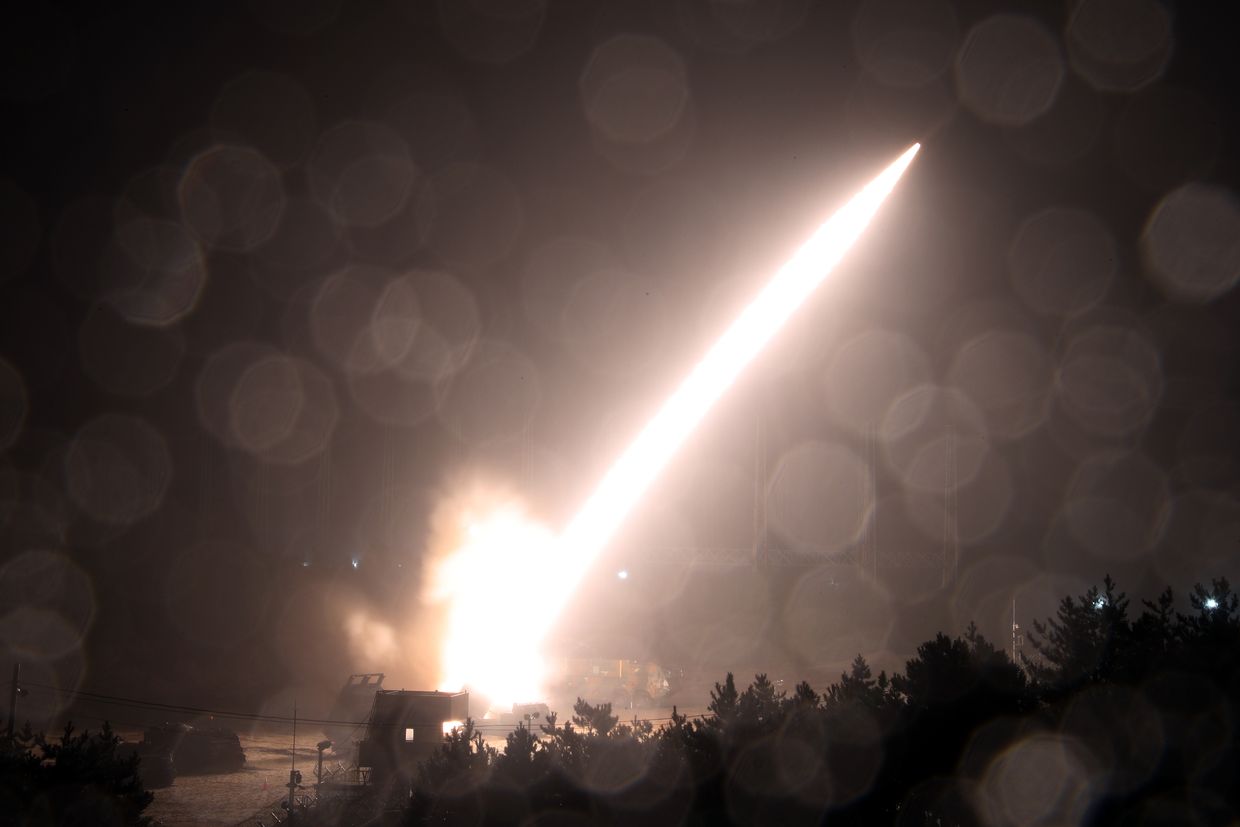Guardian: UK has decided to allow Ukraine to use Storm Shadow missiles in long-range strikes on Russia

The U.K. has already privately decided to allow Ukraine to use its British-supplied Storm Shadow missiles for long-range strikes deep into Russia, the Guardian reported on Sept. 11, citing unnamed U.K. officials.
Kyiv has long argued that restrictions on the use of long-range weapons are stifling its war effort, while Washington has claimed that allowing Ukraine to hit deep into Russian territory with its weapons could escalate the situation.
During a joint press conference in Kyiv on Sept. 11, U.S. Secretary of State Antony Blinken and U.K. Foreign Secretary David Lammy said that Russia is responsible for escalating the war.
The visit to Kyiv came a day after Washington confirmed that Iran had delivered ballistic missiles to Russia, giving Moscow what Blinken described as "an additional capability and additional flexibility" in the war.
In response to a question about whether the U.S. would change its policy regarding long-range strikes, which President Joe Biden has reportedly considered in recent weeks, Blinken answered cagily, saying that the U.S. has been willing to flexibly alter its strategy "from day one."
"We will continue to do this," Blinken said. He did not specifically comment on a potential change in policy on Storm Shadow missiles, and it may be possible that such a decision could be made behind closed doors—or that the U.K. could make the decision unilaterally.
At the same time, the Guardian's sources said Blinken and Lammy's visit to Kyiv would not have gone forward without a change in policy regarding the usage of Storm Shadow missiles.
An explicit announcement about the change in policy while Blinken and Lammy are in Kyiv is not expected.
Ukraine has reportedly used Storm Shadow missiles, with a range of up to 250 kilometers (150 miles), to hit Russian military targets in Crimea, a sovereign Ukrainian territory illegally annexed by Russia.
The Telegraph reported in August, citing unnamed sources, that the U.K. was privately in favor of allowing Ukraine to use Storm Shadow missiles in strikes on Russia, but was unwilling to publicly press for such a change in policy due to fears of backlash from the U.S.













